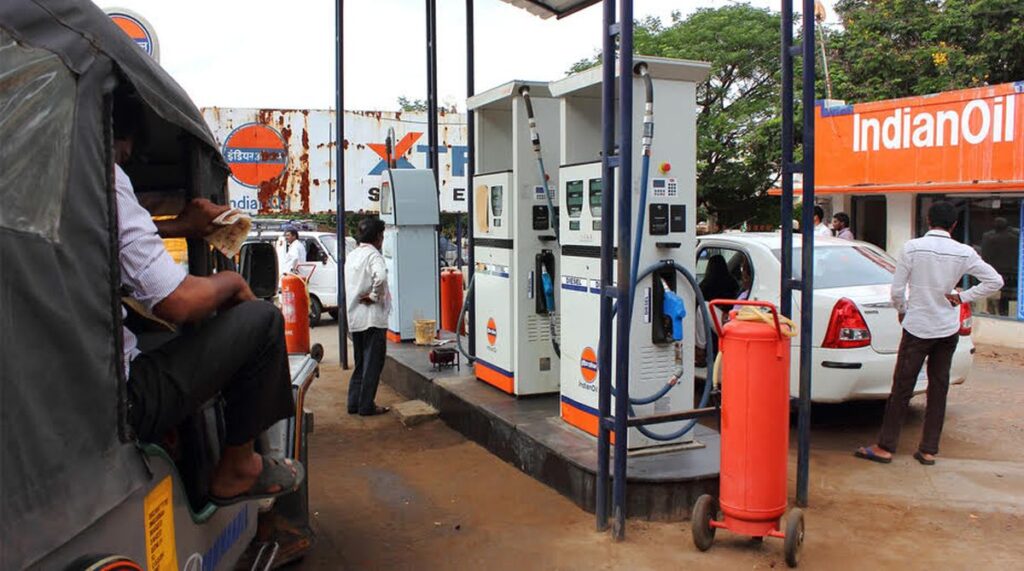India’s power minister suggested to oil marketing companies (OMCs) that each of the country’s nearly 69,000 petrol pumps be fitted with an EV charging kiosk. If implemented, the move would be a huge step forward as range anxiety is a critical factor limiting the adoption of EVs. The plan will be supported by compulsory EV kiosks at all OMC-owned petrol pumps and chargers on highways. However, no details were made available on the timeline of the project or the type of chargers that would be installed.
Meanwhile, research firm JMK Analytics said that India could add an impressive 6,490 new electric buses by the end of FY22, with 1,850 units in 2020-21 and 4,640 in 2021-22. It says that so far the country has 1,031 e-buses under FAME-I, 80 of which are in West Bengal, followed by 75 in Himachal Pradesh and 70 in Maharashtra.
VW-backed QuantumScape claims major breakthrough in li-ion battery technology
USA’s battery start-up QuantumScape claimed in a major announcement that it has solved the problem of using pure metallic lithium in li-ion batteries — at least under laboratory conditions. Pure metallic lithium would previously explode and catch fire if it came in contact with liquids (such as electrolytes).
If perfected for commercial grade li-ion battery packs, the development could boost the charge capacity of the batteries by an incredible 50%. QuantumScape is backed by the VW Group and by billionaire Bill Gates, and VW—which is battling Tesla for dominance in the EV market — expects to launch the technology by 2025.
New diesel, petrol car buyers to pay over £1500 more in the UK?
A feasibility report by Britain’s department of transport (DfT) has recommended that the buyers of polluting diesel and petrol cars must pay upto £1500 more towards making electric cars cheaper. The report also noted that the public support for such a scheme, which penalises buyers of new combustion engine cars was low. Britain plans to phase out petrol and diesel cars completely by 2035.
France and Sweden already have the so-called feebate schemes. According to car manufacturers and the traders’ lobby In the UK, electric cars accounted for only 5% of total sales in the year to August. The car industry is opposed to plans that punish petrol and diesel buyers rather than incentivise electric car sales, the Guardian reported.
Uber confirms plans to go 100% electric by 2040
Global ride-sharing giant Uber confirmed that all cars on its network will be 100% electric by 2040. Uber has around five million drivers around the world and the plan will be partly funded by an $800 million corpus from the firm itself, which it will spend on subsidising its drivers’ vehicle charging expenses. Starting September 8, the firm will also pay its electric car drivers in the US and Canada an extra $1 per trip to incentivise “driving green”. Its rival, Lyft Inc., will go fully electric by 2030, but without any support to its drivers.
Owner drives Tesla Model 3 up to Everest basecamp
A Tesla Model 3 owner from China drove the car all the way up to the basecamp at Mt. Everest (at an elevation of 16,900 feet), demonstrating an electric car’s superior performance over conventional cars, which lose around 3% of their rated power for every 1,000 feet of altitude due to falling levels of oxygen. The owner was also able to drive the car all the way from Shenzen, which is 5,500km away in southern China, without any range anxiety as he was able to access EV chargers at every single hotel he stayed at along the way.
About The Author
You may also like
New report shows ways to build an efficient e-bus ecosystem in India
Corporate watchdog accuses Toyota of misleading marketing, greenwashing
Electrifying India’s Roads: Financing EVs – Challenges, Progress and the Road Ahead
Five lithium and cobalt mines identified in overseas exploration
India approves $7 billion plan for 10,000 electric buses in 169 cities in next 10 years


